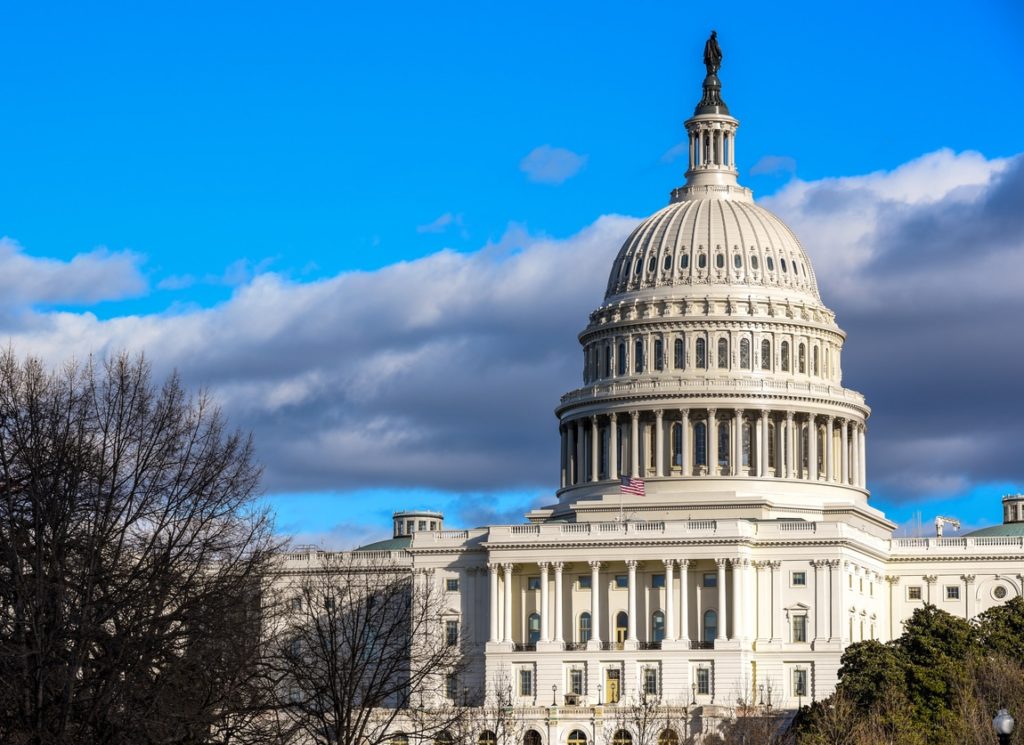On June 22, the U.S. House Committee on Financial Services voted unanimously by voice to approve H.R. 7195, a bipartisan bill reforming the Anti-Money Laundering (AML) Whistleblower Program to be aligned with other modern whistleblower award programs. The bill will next proceed to the House floor for a vote.
H.R. 7195 offers two major reforms to the AML Whistleblower Program. The bill guarantees a minimum award amount for qualified whistleblowers and establishes a fund to finance the whistleblower award program. These reforms fix loopholes which distinguished the program from the highly successful SEC and CFTC Whistleblower Programs.
Since the AML Whistleblower Program was established in January 2021, whistleblower advocates have been calling for these reforms. The lack of a mandatory award minimum and absence of funding for the program have undermined the program and its efficacy .
“This bipartisan, bicameral legislation provides a proven solution to improving the whistleblower fund of the Financial Crimes Enforcement Network (FinCEN),” said Representative Alma Adams (D-NC) the principal sponsor of the bill. “FinCEN’s whistleblower fund was designed to pay awards to the brave souls who too often risk their livelihoods and their lives to report criminal wrongdoing that they witness. Unfortunately, we have found that FinCEN’s award model which we implemented in 2020 AMLA has been so far insufficient to meet the statutory requirements. So I’m proud to say this legislation brings FinCEN’s fund in line with other successful funds currently operating in the federal government and will substantially aid FinCEN as it executes its Congressionally directed mission.”
“This bicameral, bipartisan legislation will strengthen our whistleblower programs to combat money laundering and provide law enforcement information to better protect our country,” added Representative Anthony Gonzalez (R-OH). “This bill will make sure that whistleblowers receive at least 10% of the value of fines collected from their willingness to speak out compared to current law which has no minimum award. We should be doing more to incentivize whistleblowers to come forward and ensure that they are awarded for their bravery and commitment to justice.”
H.R. 7195 also expands the AML Whistleblower Program to cover laws which impose fines for sanctions violations: the International Emergency Economic Powers Act, the Foreign Narcotics Kingpin Designation Act and the Trading with the Enemy Act.
“The whistleblower programs I’ve helped create have seen roaring success, with the False Claims Act saving taxpayers $70 billion and the SEC whistleblower program saving over $4.8 billion,” said Senator Chuck Grassley (R-IA), who is sponsoring a companion bill in the Senate alongside Senator Raphael Warnock (D-GA). “I’m optimistic that our new program encouraging individuals to come forward for suspected sanctions violations will be successful as well. Given the expansive sanctions we’ve implemented on Russia as they wage an unjust war in Ukraine, our legislation is urgently needed to hold bad actors accountable.”
Committee Chair Representative Maxine Waters (D-CA) highlighted the National Whistleblower Center’s (NWC) calls to amend the AML Whistleblower Program. “According to the National Whistleblower Center,” Waters stated, “‘It is highly unlikely that persons with relevant information relating to illegal money laundering and financing terrorism will risk their livelihoods, reputations and the potential of high litigation costs without reasonable financial assurances.’”
The AML Whistleblower Program’s current lack of a mandatory minimum means that awards are purely discretionary and the Treasury Department can withhold an award from a fully qualified whistleblower. Prior to the program’s establishment, NWC sent a letter to Congress expressing their concerns about the lack of a provision requiring minimum awards. According to NWC, the lack of a mandatory minimum award “greatly undercuts Congress’s intent to strengthen protection of whistleblowers with evidence of money laundering and terrorist financing.”
The other loophole H.R. 7195 addresses is the current lack of funding for the AML Whistleblower Program. Unlike the Dodd-Frank Act, which established a fund to pay whistleblower awards entirely financed through sanctions collected in enforcement actions brought by whistleblowers, the AML Whistleblower Program relies on Congressional appropriation to receive funding to pay awards. Whistleblower experts claim that programs cannot be reliant on appropriates if they are to succeed.
Watch:
U.S. House Committee on Financial Services: Hybrid Markup of Various Measures
Read:
House Bill Offers Fixes to AML Whistleblower Program
Treasury Department Drafting Rules for AML Whistleblower Program
